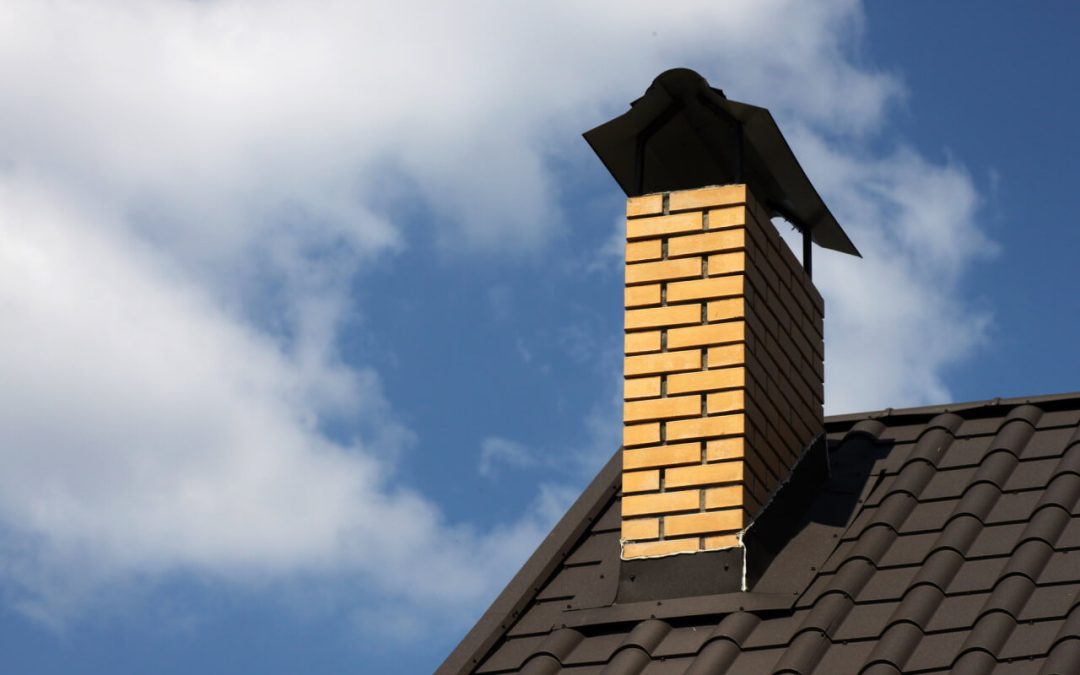As winter arrives, there’s nothing quite like the warmth and ambiance of a crackling fire in your home’s fireplace. However, protecting your home from the dangers of fire is your responsibility. Prevent a chimney fire with little care and attention. Here are a few tips and practices for homeowners to enjoy the fireplace and keep their homes cozy and safe this winter.
Tips to Prevent a Chimney Fire this Winter
Regular Chimney Inspections
The cornerstone of chimney fire prevention is regular inspections. Before the winter season kicks in, hire a professional to examine the chimney. They will look for creosote buildup, leaves, animal nests, debris, and structural issues that might pose a fire risk.
Prevent a Fire: Hire a Chimney Sweep
Over time, creosote, a flammable residue produced by burning wood, can accumulate inside your chimney. Schedule an annual cleaning to remove this buildup and reduce the risk of chimney fires. A clean chimney also ensures optimal airflow for more efficient burning.
Burn Seasoned Firewood
The type of wood you use affects the amount of creosote produced. Opt for seasoned hardwoods like oak or maple, which burn more cleanly than softer woods. Don’t burn green or unseasoned wood; it generates more creosote and contributes to buildup in the chimney.
Monitor the Flue Temperature to Prevent a Chimney Fire
An excessively hot flue can contribute to chimney fires. Verify your fireplace is not burning too hot by using a fireplace thermometer. This device attaches to the duct to help you keep track of flue temperatures and avoid dangerous conditions that could lead to a fire.
Practice Safe Burning Habits
When building a fire, don’t overload the fireplace with too much wood. Proper airflow is crucial for efficient combustion and reduced creosote buildup. Never burn trash, including paper, cardboard, and other materials not intended for fireplace use, as these can ignite, float up the chimney, and land on the roof, contributing to a house fire.
Install a Chimney Cap
A chimney cap is an excellent feature to prevent leaves, animals, and rain from entering your chimney. It protects against debris blocking the flue and helps contain sparks, reducing the risk of a fire in the chimney or on the roof.
Test Your Home’s Smoke Detectors
Though not specific to chimney fires, functioning smoke detectors are essential for home safety. Regularly test and replace batteries in these devices to verify they can alert you to a fire emergency.
A warm and inviting fireplace offers comfort in chilly winter weather, but safety should always be a priority. By following these tips and incorporating responsible burning habits, you can enjoy the coziness of your fireplace with confidence, knowing that you’ve taken the necessary steps to prevent chimney fires.
Elite Home Inspections provides professional inspections to homebuyers and sellers in Louisville and the surrounding areas of Kentucky. Contact us to request our services.

